The ketogenic (keto) diet has taken the wellness world by storm, promising rapid weight loss, mental clarity, and boundless energy.
But what really happens when you commit to this high-fat, low-carb lifestyle for 30 days? I dove in headfirst to find out, and the results were both surprising and eye-opening.
Here’s a breakdown of my experience, the science behind it, and what you can expect if you take the plunge.
Week 1: The Rocky Start (Hello, Keto Flu!)
The first week of keto was no walk in the park. Cutting carbs to under 20 grams a day felt like breaking up with my best friend (sorry, bread).
My body, used to running on glucose, was forced to switch to burning fat for fuel—a process called ketosis.
- What I Felt: Fatigue, brain fog, and irritability hit hard around day 3. This is the infamous “keto flu,” caused by electrolyte imbalances as your body sheds water and sodium. I also had weird cravings for fruit and chips.
- What Helped: Drinking bone broth, upping my water intake, and adding pink Himalayan salt to meals eased the symptoms. By day 6, I started feeling lighter and less bloated.
- Science Says: The keto flu is real. As your body depletes glycogen stores, it releases water, flushing out electrolytes. Replenishing sodium, potassium, and magnesium is key to feeling human again.
Week 2: The Energy Surge
By week two, something clicked. I woke up feeling… alive.
My energy levels stabilized, and the mid-afternoon crashes I used to get were gone.
I also noticed my jeans fitting a bit looser.
- What I Felt: Mental clarity was the biggest surprise. Tasks that used to feel overwhelming were suddenly manageable. I also slept better, waking up refreshed.
- What I Noticed: My appetite dropped. Keto’s high-fat meals (think avocado, butter, and bacon) kept me full for hours. I wasn’t constantly snacking anymore.
- Science Says: Ketosis produces ketones, which your brain can use as an efficient fuel source. Studies suggest ketones may enhance cognitive function and stabilize blood sugar, explaining the energy and focus boost.
Week 3: The Scale Moves (But It’s Not Just Fat)
By week three, I was down 7 pounds. While this was exciting, I learned it wasn’t all fat loss.
- What I Felt: Confident and motivated. My skin looked clearer, and I had less puffiness around my face and stomach. Workouts felt easier, though I wasn’t lifting heavier weights yet.
- What I Noticed: Some foods I used to love (like pizza) didn’t even sound appealing anymore. My taste buds were changing.
- Science Says: Early keto weight loss is mostly water weight. For every gram of glycogen stored, your body holds 3-4 grams of water. As glycogen depletes, so does the water. Fat loss kicks in more steadily after this phase.
Week 4: The New Normal
By the end of 30 days, keto felt like second nature. I’d lost 10 pounds total, my energy was consistent, and I felt more in control of my eating habits.
- What I Felt: Empowered. I didn’t feel deprived, and I enjoyed experimenting with keto recipes (cauliflower crust pizza is a game-changer). My mood was more stable, too.
- What I Noticed: Some downsides lingered. Social dining was tricky—most menus aren’t keto-friendly. I also missed certain high-carb foods during gatherings.
- Science Says: Long-term keto can improve insulin sensitivity and reduce inflammation, but it’s not for everyone. Nutrient deficiencies (like fiber or vitamin C) can occur if you don’t eat enough veggies.
Shocking Takeaways
- It’s Not Just Weight Loss: The mental clarity and energy boost were more impactful than the number on the scale.
- Keto Isn’t One-Size-Fits-All: Some people thrive on keto; others feel sluggish or struggle with restrictions. Listen to your body.
- Preparation Is Everything: Stocking up on keto-friendly foods and learning recipes made the transition smoother.
- It’s a Lifestyle, Not a Quick Fix: The real benefits come from consistency, but maintaining keto long-term requires planning.
Should You Try Keto?
If you’re curious, a 30-day keto experiment can be a game-changer—but it’s not magic.
Expect challenges, especially early on, and talk to a doctor if you have health conditions like diabetes or kidney issues.
For me, keto was a reset that taught me how to eat mindfully and listen to my body’s signals.
Would I do it again? Maybe. The benefits were real, but I’m also exploring a more balanced approach now.
If you’re thinking about trying keto, go in with an open mind, a solid plan, and a sprinkle of patience. Your body might just surprise you.
Have you tried keto, or are you thinking about it? Share your thoughts below!


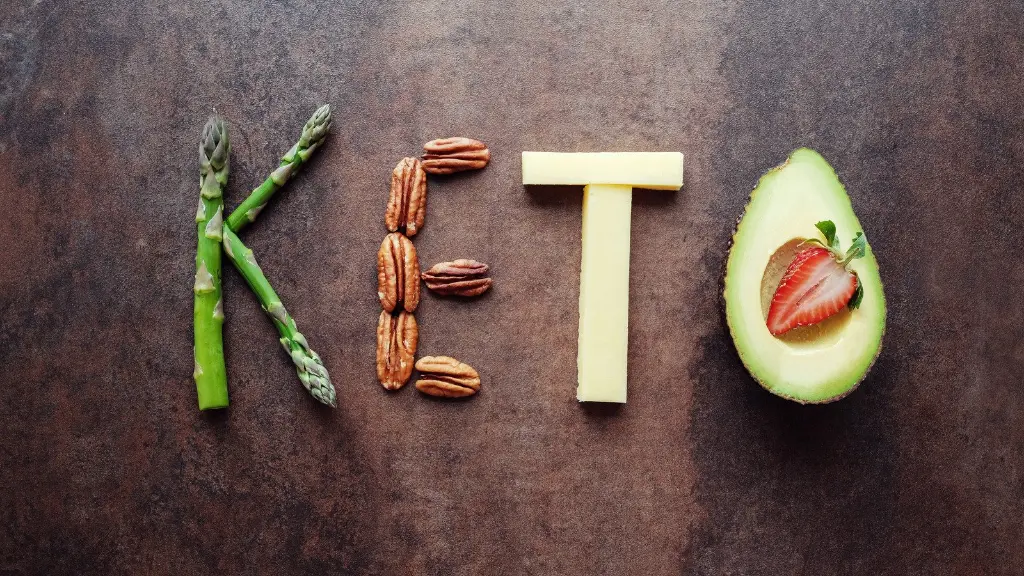
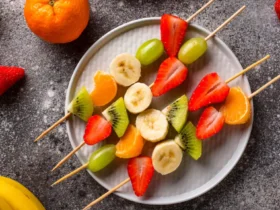
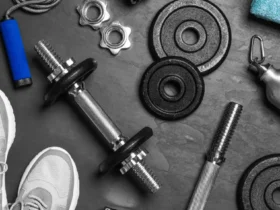
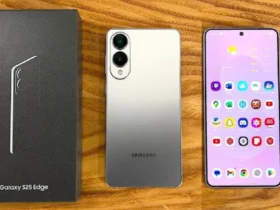
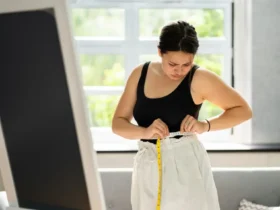
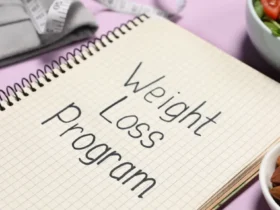
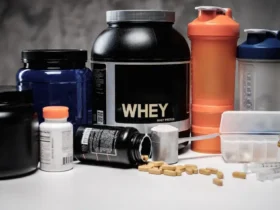





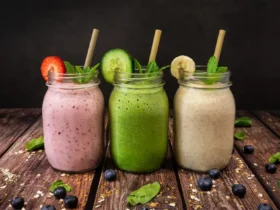
Leave a Reply